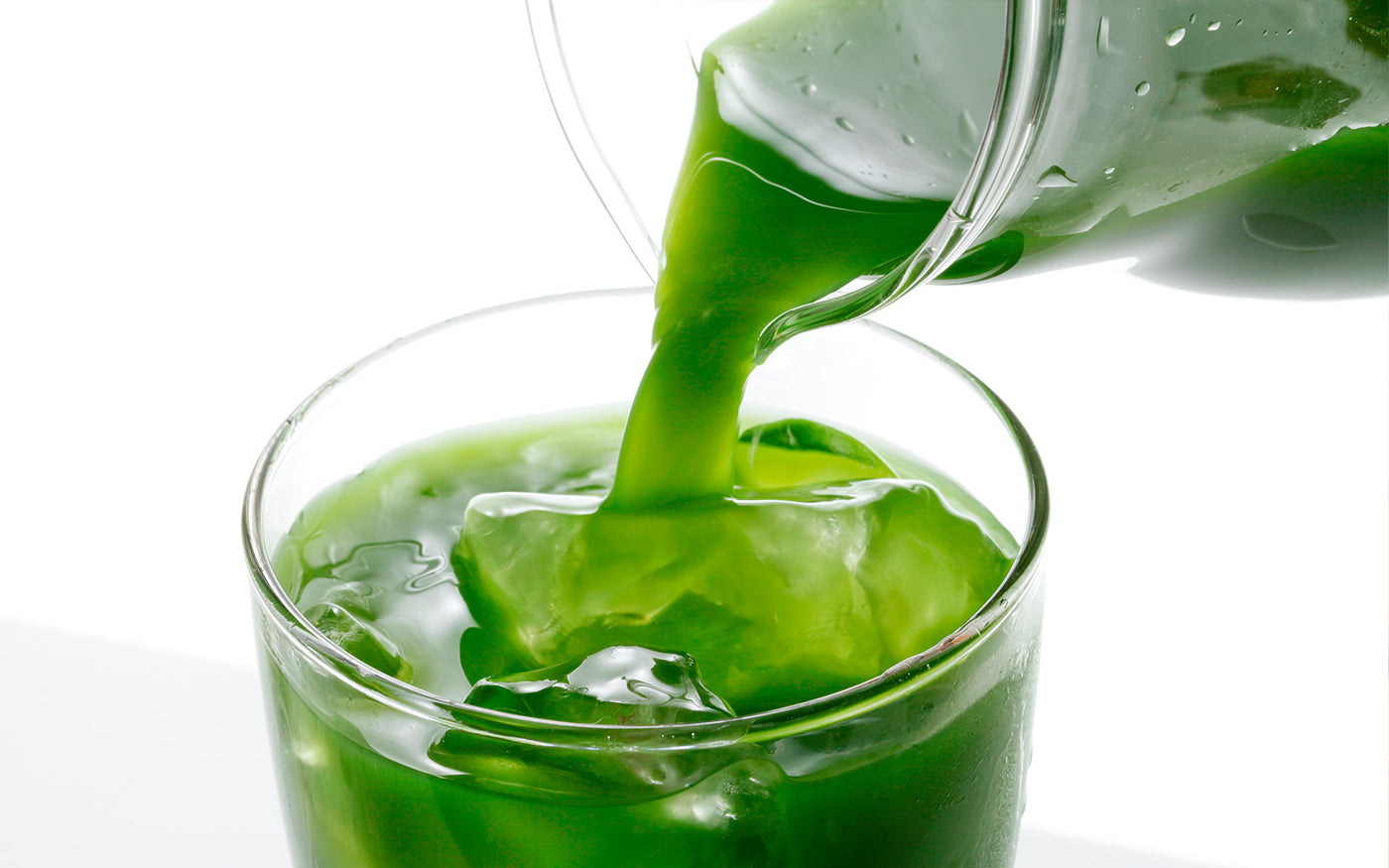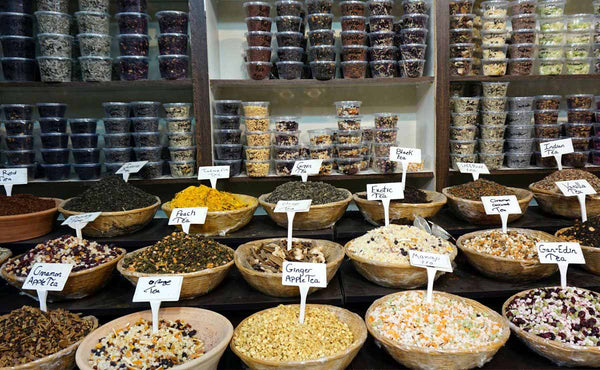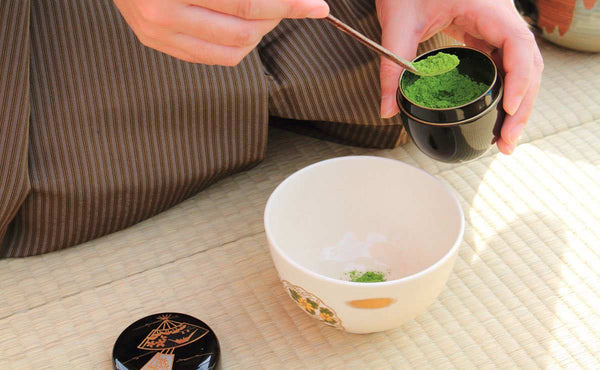
In Hebrew, the word kosher means “proper or acceptable” and it refers to animals and food products that can be eaten and the ways in which they should be prepared based on the standards of purity of the Jewish dietary law. Its origins come from the Torah and are written in detail in the Talmud and the Mishnah. Orthodox Union (OU) Kosher certification establishes the guidelines and food safety requirements that adhere to these standards.
The laws of kosher are complex and extensive, but when it comes to the basics, it is easier to look at what foods are not kosher (i.e. animals such as pigs, rabbits, any land animal that doesn’t have split hooves or doesn’t chew its cud, predatory or scavenger birds, insects, sea creatures that do not have fins or scales, shellfish and reptiles, among others.) Kosher law also prescribes the way meat and fowl must be slaughtered and prohibits meat and dairy products to be manufactured or consumed together.

OU Kosher certifications also apply to products that fall under the pareve denomination. Pareve products are “neutral” foods and beverages that, under kosher law, can be consumed with all foods (meat or dairy). Beverages like soft drinks, coffee and tea are some examples of pareve products.
As the OU Kosher organization points out, “essentially, pareve is the universal kosher category”.

The answer is yes! There are products like matcha that are kosher by nature; however, pareve products may come into contact with products that are not kosher or be handled in a way that does not adhere to strict kosher standards. Certified kosher matcha has never been in contact with non-kosher products during any step of its process, from tea processing to manufacturing, and even packaging. In order for a tea to be kosher, all of the steps in the production and manufacturing process must be certified for orthodox kosher compliance.
When it comes to matcha tea, offering kosher organic matcha may seem like a lot for a product already considered pareve; however, marketing research shows that the OU kosher certification label can help reassure customers. According to Integrated Marketing Communication, an OU Kosher certification symbol boosts market share by up to 20% more than a non-kosher brand.
It is important to add that kosher pareve products can also expand the size of your market since they are not exclusively targeted for consumers that follow the Jewish tradition. Nowadays, they are also a great choice for people with allergies and for those who are lactose intolerant or vegan. As opposed to USDA labeled non-dairy products that may contain up to two percent of dairy ingredients, the kosher pareve label guarantees not only a 100% dairy-free product, but also a 100% dairy-free manufacturing process -- a must for consumers with allergies!
The Orthodox Union is the place to go in the United States if you are looking for an OU Kosher certification. They easily describe the four primary steps of your certification application. These include:
If you are interested in getting certified kosher tea you are in the right place! Keicha Tea World proudly has an OU Kosher certification. We offer high-quality, organic kosher matcha and other kosher teas, which all follow the requirements and standards established by the Orthodox Union. Looking for more information about our industry-leading certifications? Learn more about our manufacturing process, or contact us today for more information.